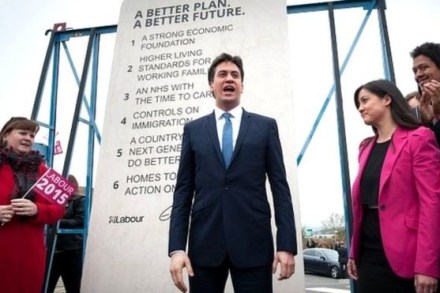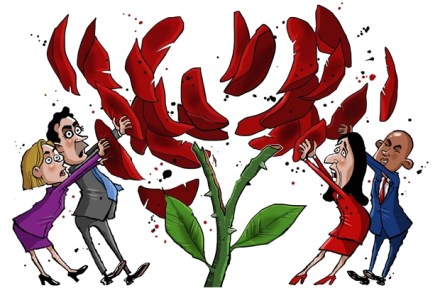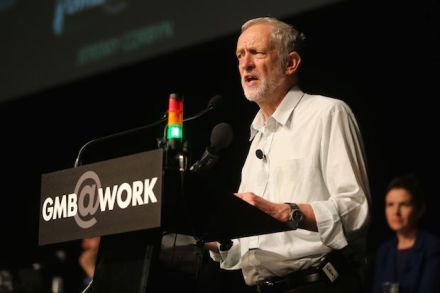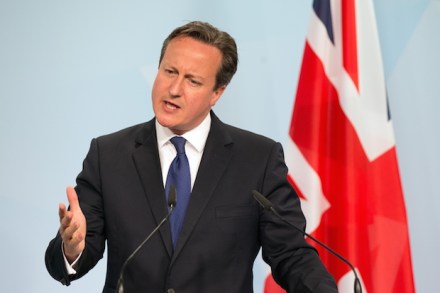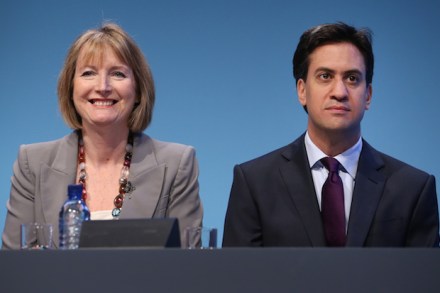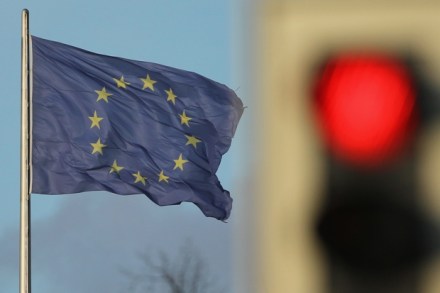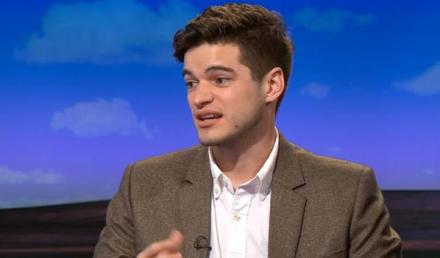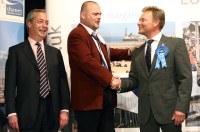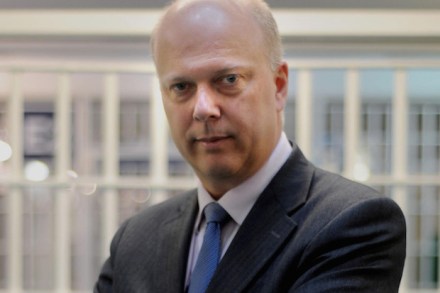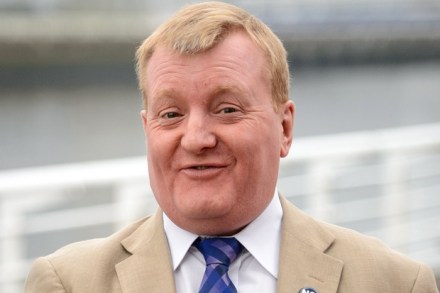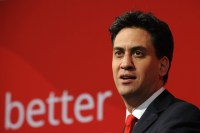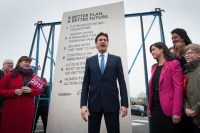Which polls are you going to believe?
Today’s ICM phone and online polls are a reminder that the polls aren’t going to offer much certainty about the result of the EU referendum. ICM’s traditional phone poll has IN ahead 47 to 39, and with the don’t knows excluded up 55% to 45%. This would suggest that IN is on course for a fairly comfortable victory. But its online poll has Out up 47 to 43, and with the don’t knows excluded ahead 52% to 48%. Phone polls are generally regarded as slightly superior to online ones, they are certainly more expensive. So, I suspect that most people in Westminster will take these polls as a sign that



